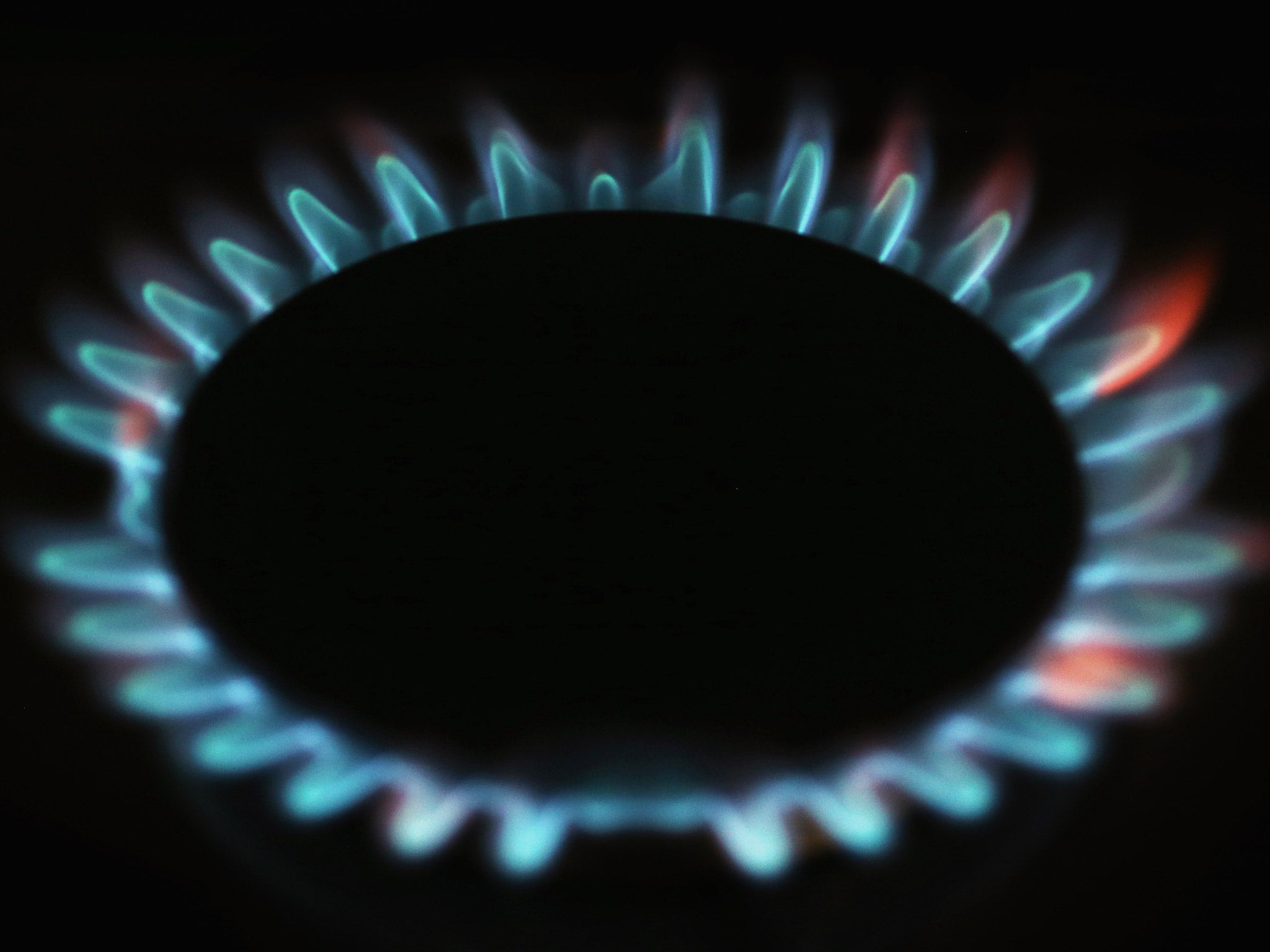Energy bills for poorest have risen at twice the average UK rate, research shows
Labour have called for Ofgem to have power to order firms to cut charges

Your support helps us to tell the story
From reproductive rights to climate change to Big Tech, The Independent is on the ground when the story is developing. Whether it's investigating the financials of Elon Musk's pro-Trump PAC or producing our latest documentary, 'The A Word', which shines a light on the American women fighting for reproductive rights, we know how important it is to parse out the facts from the messaging.
At such a critical moment in US history, we need reporters on the ground. Your donation allows us to keep sending journalists to speak to both sides of the story.
The Independent is trusted by Americans across the entire political spectrum. And unlike many other quality news outlets, we choose not to lock Americans out of our reporting and analysis with paywalls. We believe quality journalism should be available to everyone, paid for by those who can afford it.
Your support makes all the difference.The energy bills of the poorest 10 per cent of households have risen almost twice as much as those for others since 2010, according to research by the House of Commons Library.
Labour, which commissioned the work, said it showed the need for the energy regulator Ofgem to be given the power to order gas and electricity firms to cut their charges when wholesale prices fall. The Opposition will propose fast-track legislation on such a power in the Commons today.
The research found that the lowest 10 per cent of households on the income scale saw their electricity bills rise by 39.7 per cent between 2010 and 2013, compared to 7.5 per cent for the top 10 per cent and an average of 22.2 per cent.
The gas bills of the poorest group increased by 53.3 per cent, compared to 23.9 per cent for the top 10 per cent and 29.2 per cent for the average household.
Campaigners say people in “fuel poverty”, defined as spending more than 10 per cent of their household income on fuel, are more likely to live in privately rented than privately owned or public housing, which are better insulated.
Caroline Flint, the shadow Energy Secretary, said the average household energy bill is now £260 higher than in 2010. “These figures show that the poorest households are paying the heaviest price for the Tories’ failure to stand up to the energy companies and ensure that the full savings from wholesale cost falls are passed on to all consumers,” she said.
Energy companies have blamed Labour’s plan for a 20-month price freeze for their reluctance to respond to falling world oil and gas prices.
Ann Robinson, director of consumer policy at the uSwitch.com website, said: “Given the huge reduction in wholesale prices – which make up around half of energy bills – we believe standard tariffs can and should be cut even further. The question is – is the prospect of Labour’s price freeze to blame for the failure of the big six to cut standard prices until now?”
But yesterday E.ON became the first energy company to reduce its charges, announcing an average 3.5 per cent cut in gas tariffs for its 4.5m household customers, the equivalent to £24 off the average annual bill. Tony Cocker, its chief executive, said Labour’s proposed price freeze meant the company was “undoubtedly taking a risk” by cutting tariffs.
Ofgem said: “This is a small step in the right direction. Cutting prices is an explanation that consumers will understand and in a competitive market we would expect others to follow suit.”
Ed Davey, the Energy and Climate Change Secretary, said: “This will be very welcome news for many bill-payers. The best deals on the market are cheaper than they were a year ago, which shows the Government’s reforms to the energy markets are working to get a better deal for consumers.”
Join our commenting forum
Join thought-provoking conversations, follow other Independent readers and see their replies
Comments